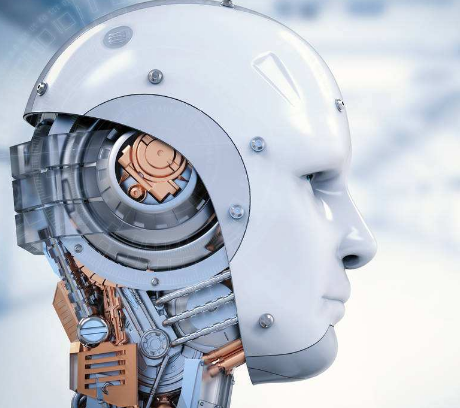
The birth of the genetically edited baby shocked the scientific community. 122 scientists jointly condemned, saying that "this technology can be done long ago". The reason for not doing it is huge risks and ethical issues. Due to prudence, the academic conventions require only short-term trials of human embryos that are about to be destroyed. The study by Associate Professor He Jiankui, like a traffic jam, is advancing at full speed in the empty emergency lane alone.
Has the "forbidden" test achieved the results of the publisher's comments? What is the scientific significance? It is not clear, but there are two points that can be determined: First, scientists and approvers disclose too little information to prove that their actions are responsible; second, scientific exploration cannot skip rules and approvals.
First, a technology enters the human trial phase and is quite mature. After attending an academic ethics meeting in early February 2017, He Jiankui published a report on "Safety of Human Embryo Gene Editing", pointing out five safety issues. The author summarizes: How to verify whether human embryos are abnormal after genetic editing? How to develop a reliable quality control process to reduce off-target? How to reduce the occurrence of chimeras? Will the reagent poison the embryo? How to determine the effects after multiple generations?
He Jiankui pointed out: "Before these important security issues are not resolved, any human behavior that performs editing of the germ cell line or making genetic editing is extremely irresponsible."
What is the test evidence that He Jiankui believes that these important security issues have been resolved? We did not see relevant information on the ethical application passed in March 2017. This publicly available material mentions pre-tests on model organisms such as monkeys, but does not specify test results. There are also no related papers published.
The author believes that the testers should publish the preliminary test information as soon as possible to show everyone that they are holding the responsible area to the forbidden zone. The reviewers who approve the application should also publicly approve the reasons for their approval to perform their duties, not to go through the game.
In addition, although many patients with genetic diseases are counting on new technologies to be afflicted, it is a rash to explore beyond the rules of the scientists, which may delay the scientific cause.
An example is 1999, when 18-year-old congenital OTC deficiency patient Jesse Kissinger died in a clinical trial of gene therapy at the University of Pennsylvania, and was the only one of the 18 testers who died – the tester thought it was harmless. The adenovirus triggers a vigorous immune response in Kissinger's body. It was later discovered that it was the trial host, not the clinician, who recruited Kissinger, which was a violation of the protocol (because the trial host might persuade the patient to participate).
Although Kissinger said before his death that the worst result was death, the relevant scientists still suffered major setbacks in their careers; the relevant institutions were closed; the University of Pennsylvania made huge indemnities; the media reported that the public was blindly optimistic about gene therapy. In order to avoid it, it is difficult to recruit volunteers for gene therapy.
A genetically edited baby test that may not cross the ethical threshold is also a source of doubt: if the child's health is impaired, the genetic editing technique will also encounter twists and turns, and it is not enough to mortgage the scientist's personal reputation. This is why many scientists protested the test.
Today, we only hope that the twins will grow up healthily, and hope that scientists will use the compliance test to transform gene editing technology as soon as possible, benefiting many patients suffering from genetic diseases. Science is a gradual career, not gambling.
Follow Me
Link:Tenco




没有评论:
发表评论